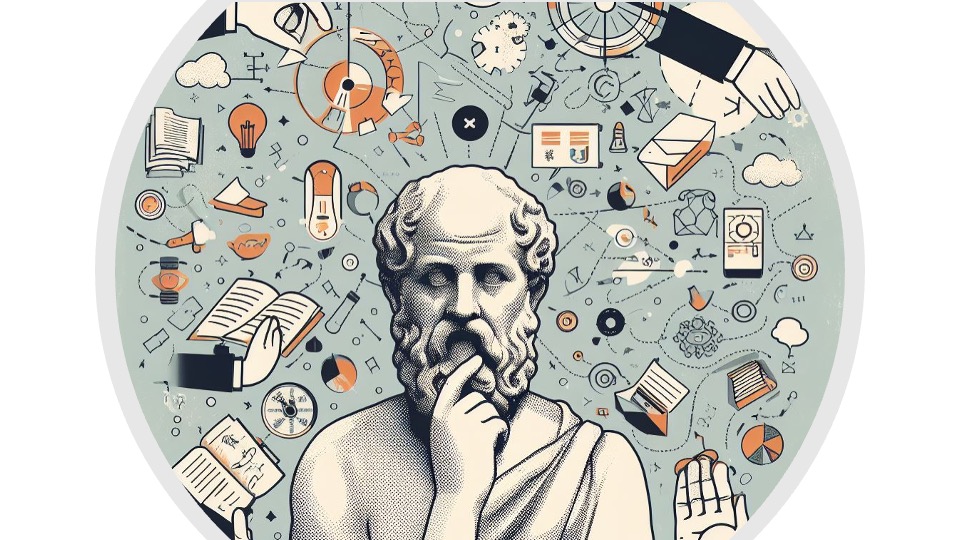The Power of Knowing what you don’t Know
After reflecting on a successful technology launch last week. This week I am blocked by an unanticipated problem. The next phase of the project is delayed by a compliance issue. What’s worse is the vendor has told me they need to do some development before we can launch one aspect of the programme. With the benefit of hindsight I realise I should have asked some questions that would have exposed this risk. But as the saying goes “you don’t know what you don’t know until the problem arises”. So it got me thinking on what I should do differently next time.
In today’s technology fueled world there is new technology or new compliance rules being created every day. It’s impossible to be an expert in everything so we need to know how to implement and apply critical thinking and problem solving for the best results. This blog post looks at some ideas to find the best approach to know what you don’t know.

All I know is that I know nothing.
Socrates
How Can I Ask the Right Questions?
Asking the right questions is an art that demands a delicate balance of curiosity, humility, and critical thinking. It’s about fostering a mindset that actively seeks to explore uncharted territories while acknowledging the depth of our ignorance. Here are some guiding principles to cultivate the art of questioning:
Embrace Curiosity: Cultivate an insatiable thirst for knowledge. Allow yourself to be genuinely intrigued by the mysteries that surround your field of expertise. Approach each challenge with an open mind and an eagerness to learn.
Foster Humility: Recognize that expertise has its limits. Accept that you don’t have all the answers. Encourage a culture of openness and collaboration within your team, where everyone feels empowered to voice their uncertainties and ask for guidance.
Prioritize Critical Thinking: Challenge assumptions and conventional wisdom. Delve into the root causes of problems and explore the nuances that might have been overlooked. Encourage a culture of healthy skepticism, where ideas are scrutinized and refined through rigorous questioning.
The more I learn, the more I realise how much I don’t know.
Albert Einstein
How Can I Address My Blind Spots and Prejudices?
Uncovering our blind spots and prejudices is an essential step towards personal and professional growth. It requires a deep commitment to self-reflection and a willingness to confront uncomfortable truths. Here’s how you can navigate this intricate process:
Practice Self-Reflection: Regularly reflect and evaluate your beliefs and actions. Identify any underlying biases that might be influencing your decisions. Cultivate a habit of mindfulness that allows you to observe your thoughts and behaviors without judgment.
Seek Diverse Perspectives: Surround yourself with a diverse group of individuals who challenge your worldview. Encourage open discussions where different viewpoints are respected and valued. Actively listen to the experiences and insights of others, allowing them to broaden your understanding of the world.
Embrace Continuous Learning: Engage in continuous education on topics related to diversity, equity, and inclusion. Invest in training programs that promote awareness of unconscious biases and provide tools for addressing them effectively. Foster a culture of inclusivity that celebrates the richness of diverse perspectives.
True wisdom comes to each of us when we realise how little we understand about life, ourselves, and the world around us.
Socrates
How Can I Rethink What I Already Know?
Rethinking what we already know is an invigorating process that propels us beyond the confines of our current understanding. It demands a willingness to challenge our existing beliefs and embrace the transformative power of new insights. Consider the following strategies for fostering a mindset of continuous reevaluation:
Encourage a Culture of Innovation: Promote an environment where experimentation and creativity are celebrated. Encourage your team to explore unconventional ideas and challenge the status quo. Foster a culture that values calculated risks and rewards bold, forward-thinking initiatives.
Foster a Growth Mindset: Cultivate a mindset that thrives on learning and adaptation. Encourage your team to view failures as opportunities for growth and refinement. Celebrate the process of learning and emphasize the importance of resilience and perseverance in the face of challenges.
Engage in Cross-Disciplinary Learning: Explore fields beyond your immediate expertise. Encourage cross-disciplinary collaboration that fosters the exchange of ideas and knowledge between different domains. Embrace the interconnected nature of knowledge, and leverage insights from diverse disciplines to enrich your understanding of complex problems.
In conclusion, recognizing what we don’t know is not a sign of weakness, but a testament to our commitment to growth and enlightenment. By asking the right questions, addressing our blind spots, and rethinking our existing knowledge, we pave the way for transformative discoveries and innovation. Let us embrace the power of the unknown and embark on a journey of continuous learning and self-improvement.
Knowing what you don’t know is more useful than being brilliant.
Charlie Munger
